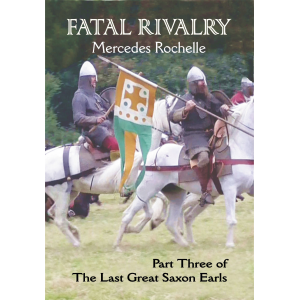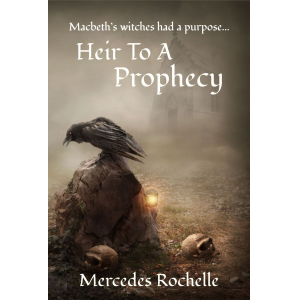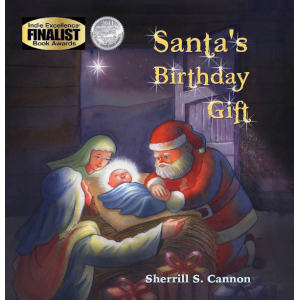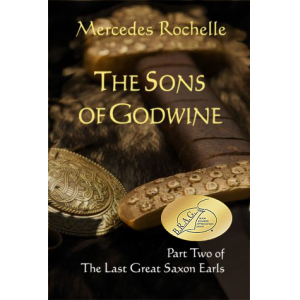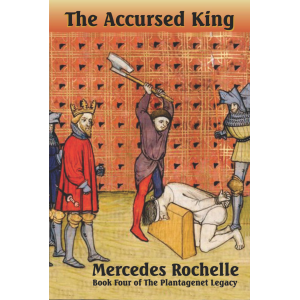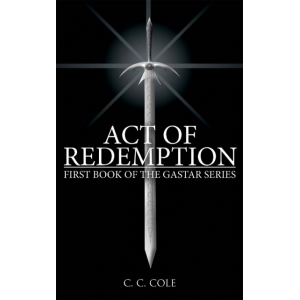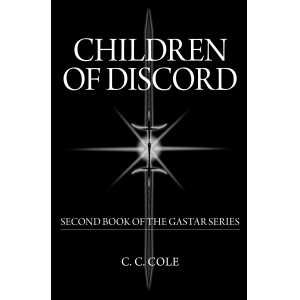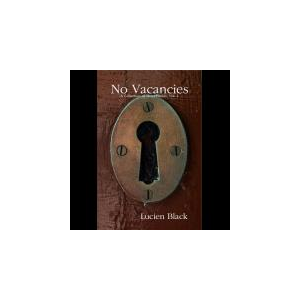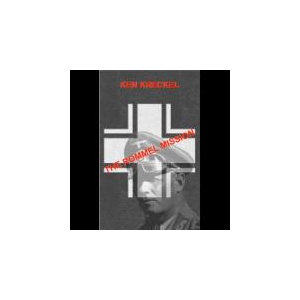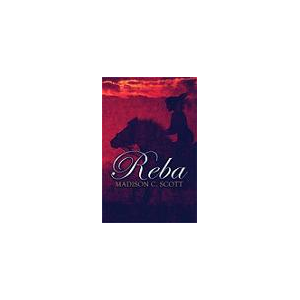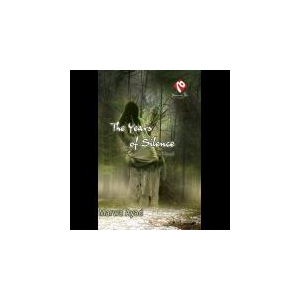A Hundred Miles to Water
A Hundred Miles to Water reveals how adherence to the “cowboy code” perpetuates the cycle of violence, inherent in any blood feud. The main characters rationalize that honoring the code is preferable to changing tradition, even at the expense of human life. While the novel’s action unfolds from third person POV, the story’s background is provided through the recollections of July Walker in a first person fictional interview.
The Story Behind This Book
In A Hundred Miles to Water, the two feuding families, the Restons and the Gunns are actually a mixture of one of the most notorious ranching families in the history of the state of Texas, the Olives. In 1843, James Olive, moved his family from Mississippi to Williamson County, Texas. James had four sons, Thomas, Ira, Bob, and Isom. Isom, or Print, as he was called, fought on the side of the Confederacy during the Civil War. After the war, Print returned home to Williamson County and with his three brothers soon turned the family holdings into one of the largest cattle operations in Central Texas. But the Olives, like the open range of the times, were never far removed from lawlessness and violent aggression in protecting their operation. One event in particular, the killing of two rustlers by a torture method practiced by the Spanish, “the death of skins” led to the Olives’ reputation as lawless thugs. The Olives bound the rustlers alive inside wet Olive-branded cowhides and left them on the prairie. The green cowhides shrank in the Texas sun, suffocating both men. The Olives were hauled into to court over the murders but acquitted on both accounts. In his book, We Pointed Them North, E.C. Abbott, (Teddy Blue), describes hiring on with the Olives in Austin, Texas, in 1879. Abbott writes, “The Olives were noted as a tough outfit – a gun outfit . . . violent and overbearing men.” Abbott rode up the trail with the Olives in the spring of 1879. He notes that they drove 7,000 horses and an unknown greater amount of cattle to western Nebraska. It was on this drive that Abbott became familiar with the notorious black cowboy and Olive wrangler, Jim Kelly. Kelly’s parents worked for James Olive. Kelly grew up on the ranch and was well known for his ability to “break” horses. Kelly moved to West Texas in the 1850s but returned to Williamson County after the Civil War where he reunited with a young Print Olive. Kelly was proficient with any manufacture of gun and soon gained a reputation as a gunslinger. He also became the chief enforcer for Print Olive’s cattle operation. To most along the trail, he was known as the Ebony Gun. One incident involving Kelly was described in Harry Chrisman’s Ladder of Rivers. Chrisman writes of saloon owner Bill Green refusing to sell Kelly a bottle of bourbon. After a string of racial slurs was passed his way, Kelly gripped his pistol and told Green, “I come here to buy a bottle of whiskey, not to be made a fool by a bartender . . . pass me a quart of that bourbon and I’ll be peacefully on my way.” Green gave in and was later told by a Texas cowboy present during the altercation, “That’s Nigger Jim, Print Olive’s bad nigger. Pay you to treat him right or leave him alone.”

